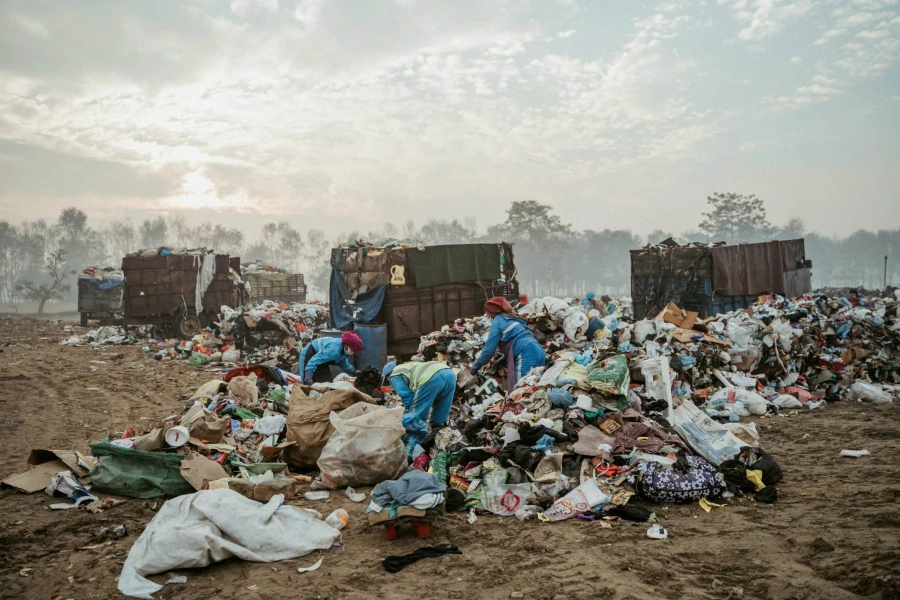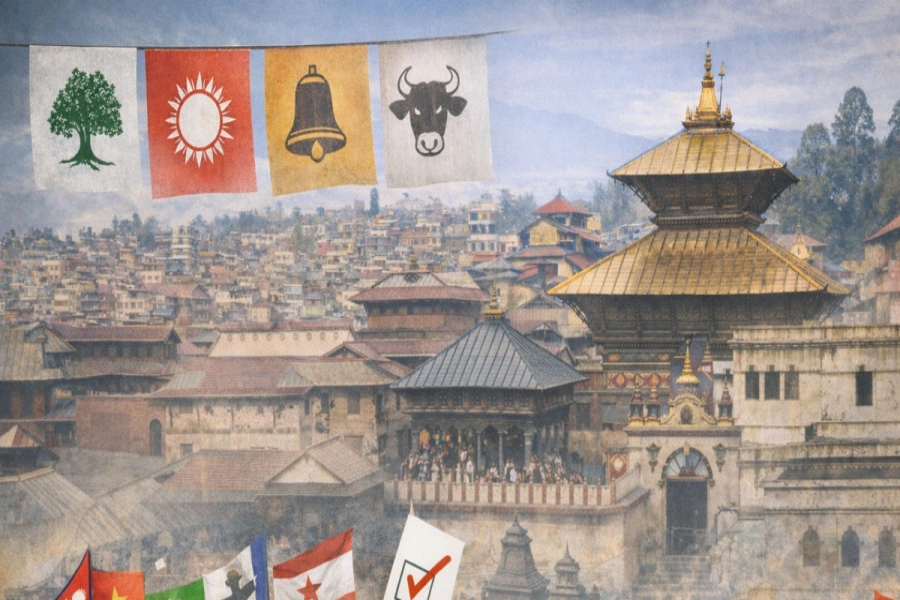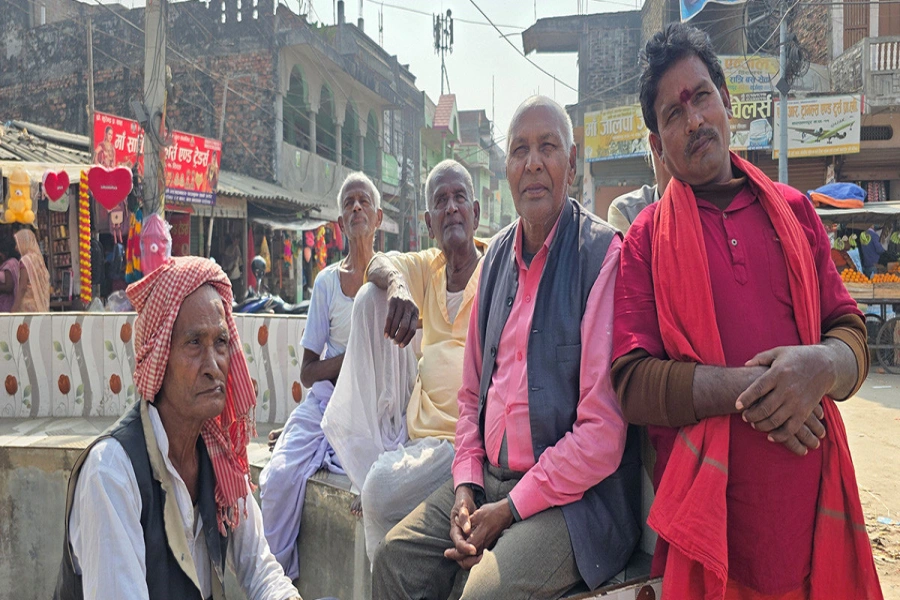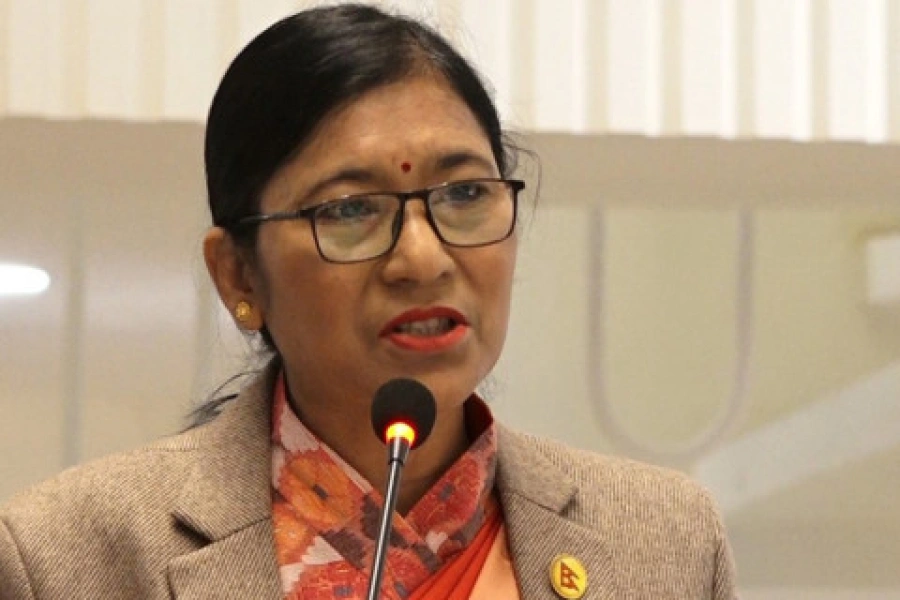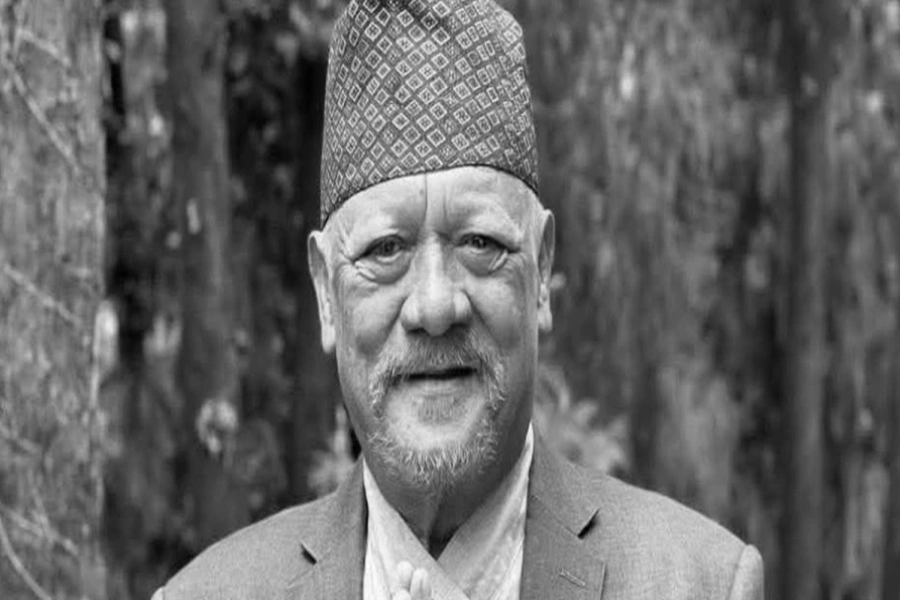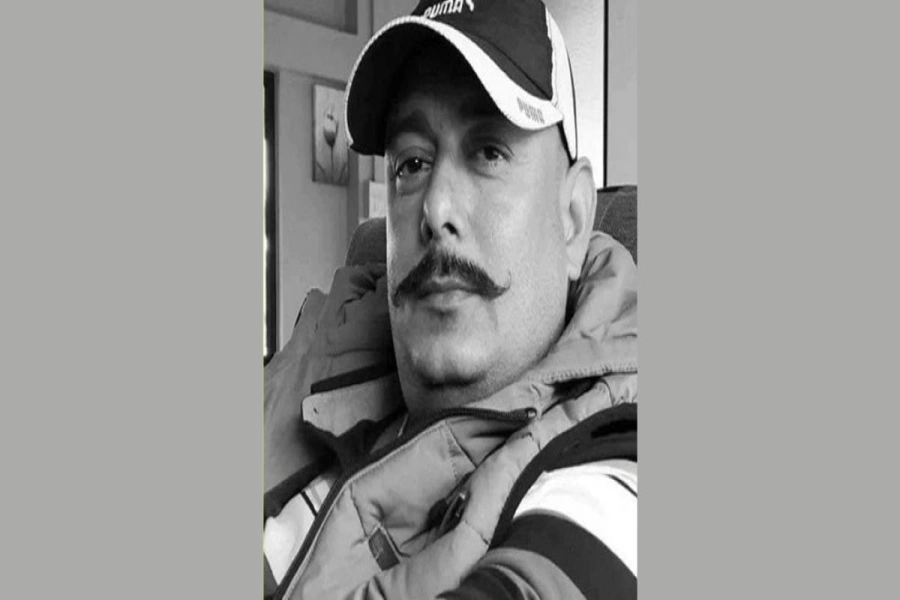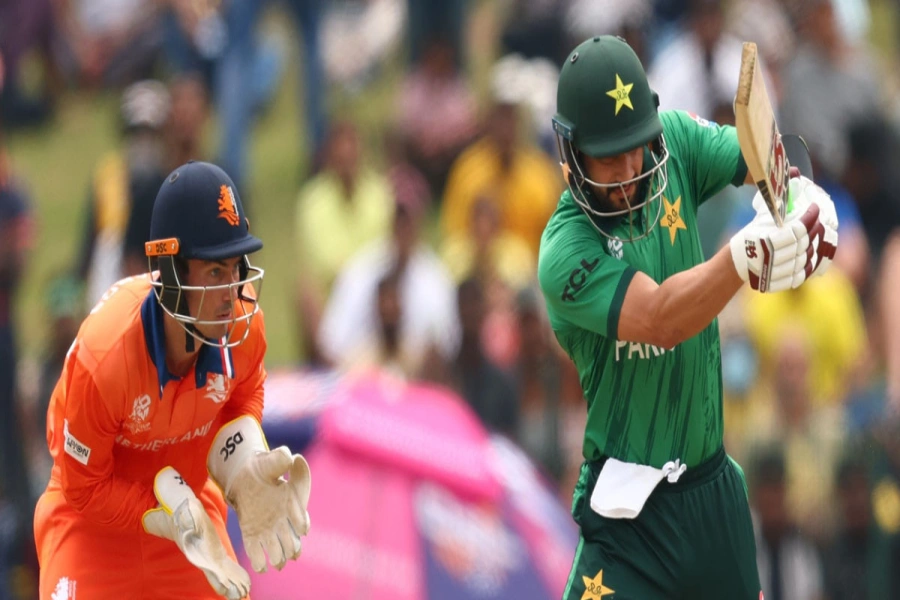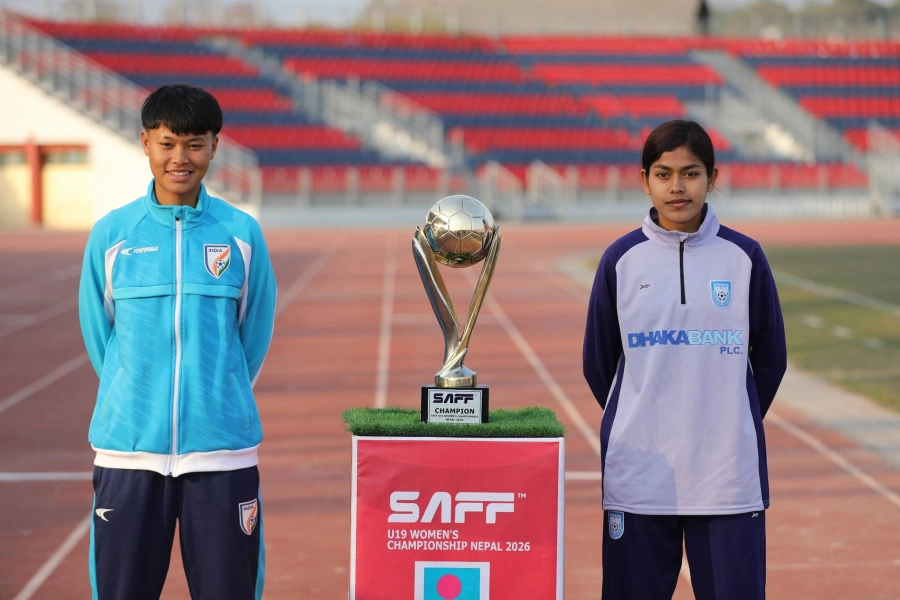Entrepreneurship and exploring into various creative fields is the way to go for Julian Alister James, Director of F-stop Studio and Creative Director of Earthy wear, a Nepali hemp-clothing line. A designer, photographer, filmmaker and a soon-to-be restaurateur with Mama’s Curries in Pulchowk, James is currently doing a bit of this and also a bit of that.[break]
After completing media technology course from Delhi, James came to Kathmandu, hoping to work with animation. But back then, there wasn’t a favorable atmosphere for that. He explored his options and got into photography. He shares his long-term plans, experiences and challenges of working in Nepal.
Julian Alister James
From where did you begin your career?
I started working in 2007. I worked with Quest Entertainment as a still photographer for Sano Sansar, I’ve been involved with “Aacharya” and “Sold”, the latter also a movie based on the namesake book, which will be out next year. I’ve also worked with small documentaries for INGO projects.
How did Earthy happen?
Earthy is actually the concept of Srijana Limbu and Subin Shakya, which was conceived three years ago. It’s all about promoting Nepali designs and artists. The three of us collaborate and come up with designs and concepts. I usually work with photographs and manipulate them to create designs. That’s my style when it comes to designing.
What are the challenges that you face?
With Earthy, it’s still a bit difficult to reach the Kathmandu-based crowd because hemp clothing is organic and a little expensive. But that’s slowly changing. We’re building up the taste right now but the plan is to set up a brand, which will especially be perfect souvenirs for Nepalis abroad, who miss home.
When it comes to photography and filmmaking, I personally feel that there are constraints to my creativity when I have to work for others. There’s the budget issue, amongst others, due to which I sometimes have to compromise with my shots.
For those who are foraying in the creative fields, do you think there’s financial sustainability?
Once you have the exposure, I think it is. You just need the right contacts. Plus, there’s so much to do here in Kathmandu in the sense that there are many untouched subjects and areas that you can be the first in. There’s not much competition and it’s much easier to start something here. You just need to make that effort.
In the long term, what work do you think you’ll eventually settle in?
I think I’ll eventually work as a director of photography. But that’ll take some time as it takes a lot of knowledge and experience.
Global Entrepreneurship Bootcamp






